I Am Number Four: Why Movies Are Rarely As Good As Books
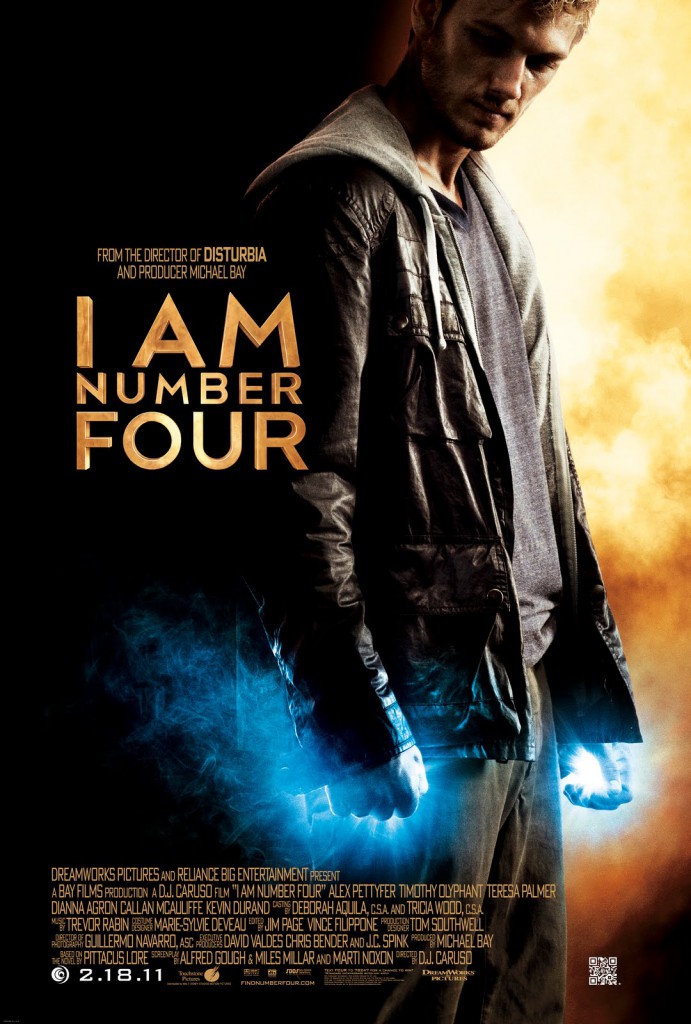 I am in my mid-thirties and my wife is in her mid-twenties. The eight-year difference between us can be jarring at times, especially because I am a pop culture junkie and she grew up without cable television (and rarely watched the network television she did have access to, as I learned when I discovered she’d never seen an episode of The Dukes of Hazzard, even in rerun).
I am in my mid-thirties and my wife is in her mid-twenties. The eight-year difference between us can be jarring at times, especially because I am a pop culture junkie and she grew up without cable television (and rarely watched the network television she did have access to, as I learned when I discovered she’d never seen an episode of The Dukes of Hazzard, even in rerun).
Recently, this generation gap has became particularly evident. A close friend of hers has formed a book club, of which I am the only male attendee and also about the only thirty-something. As such, the books that we’re reading tend to track toward chick lit, much of it in the Twilight-like realm of paranormal, horror, or fantasy-related romance novels, many targeted toward young adults.
Some of the books that fall into this category these days are truly outstanding, such as The Hunger Games, but many of them have serious issues … which brings us to last month’s book, chosen in part to coincide with the release of its film version: I Am Number Four.
I Am Number Four: The Premise
As the planet Lorien was being destroyed by a race known as the Mogadorians, a group of Loriens came up with a plan that would have put Jor-El to shame. They cram 9 of their young on a spaceship to Earth, along with 9 mentors. The Lorien youth are of a class known as the Garde, who will eventually develop powers, called Legacies, intended to defend Lorien. The mentors are part of the class known as Cepan, who help train the Garde.
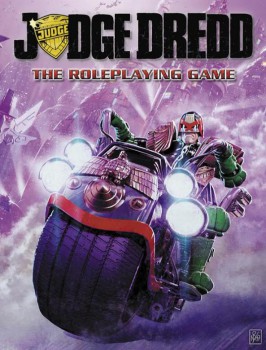
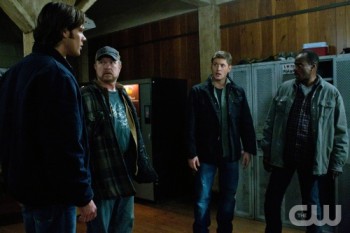
 The episode starts with the Angel turned scam artist Balthazar showing up, hastily explaining that the Angel Raphael is winning the civil war in Heaven and has put a hit out on the Angel Castiel and everyone else who opposed him, including Balthazar, Sam, and Dean. In order to protect his stash of stolen weapons from Heaven, Balthazar gives Sam and Dean a key and casts a spell. They are thrown through a window … only to land on a stunt pad.
The episode starts with the Angel turned scam artist Balthazar showing up, hastily explaining that the Angel Raphael is winning the civil war in Heaven and has put a hit out on the Angel Castiel and everyone else who opposed him, including Balthazar, Sam, and Dean. In order to protect his stash of stolen weapons from Heaven, Balthazar gives Sam and Dean a key and casts a spell. They are thrown through a window … only to land on a stunt pad.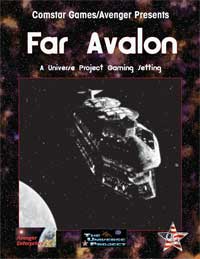 In honor of the coming conclusion of
In honor of the coming conclusion of 
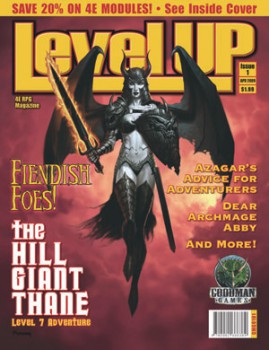 Gaming magazines can be a great asset to planning a roleplaying game, but I’ve often considered them to not be worth the cost. This one, reviewed by our very own Howard Andrew Jones, looks like it gives quite a bit of bang for the buck (or, in this case, 2 bucks). The publisher,
Gaming magazines can be a great asset to planning a roleplaying game, but I’ve often considered them to not be worth the cost. This one, reviewed by our very own Howard Andrew Jones, looks like it gives quite a bit of bang for the buck (or, in this case, 2 bucks). The publisher, 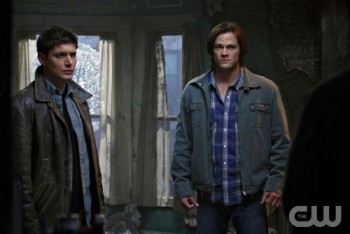
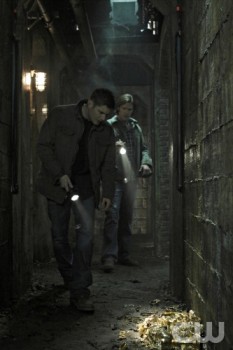 When we
When we  When a show with a large fan base – especially a large SF fan base – ends, the fans have some small amount of solace, because there’s usually a rich bounty of “extended universe” materials to keep the fix going for a while. Often the avid fan, deprived of new episodes of the show, can enjoy exploring the novels, comic books, and, yes, even role-playing game supplements which are created through license with the show … but all good things must end.
When a show with a large fan base – especially a large SF fan base – ends, the fans have some small amount of solace, because there’s usually a rich bounty of “extended universe” materials to keep the fix going for a while. Often the avid fan, deprived of new episodes of the show, can enjoy exploring the novels, comic books, and, yes, even role-playing game supplements which are created through license with the show … but all good things must end.